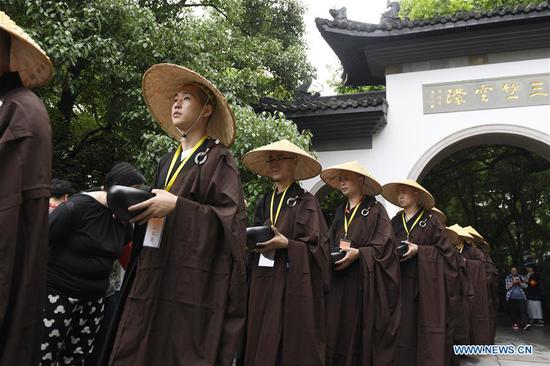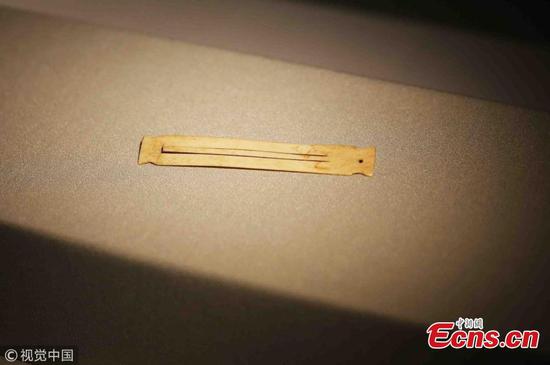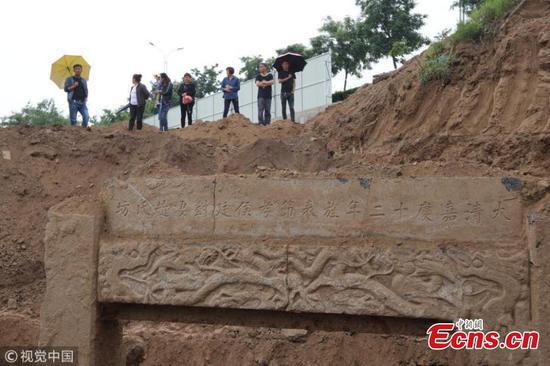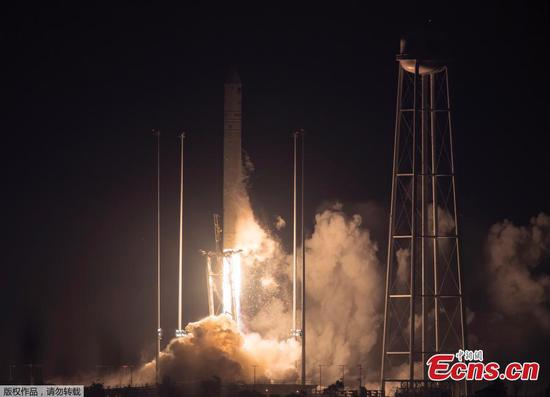First 8 already orbiting, hooked up, working accurately
The first eight of 35 planned BeiDou-3 satellites have already formed a simple functioning orbital network with a global positioning accuracy of 5 meters, a spokesman for the State-owned third-generation satellite company said at a conference in Harbin, Northeast China's Heilongjiang Province on Wednesday.
China has launched eight BeiDou-3 satellites within six months, Ran Chengqi, a senior official at the BeiDou Navigation Satellite System company said at the annual China Satellite Navigation Conference on Wednesday.
Orbital test results on the "simplest network" have been positive, meeting the needs of indicators, Ran said.
"BeiDou has stepped into the fast lane," he said.
Some 35 satellites are expected to provide state-of-the-art global services upon completion in 2020, according to an official statement sent to the Global Times on Wednesday.
Tests gauged the current eight satellites' positioning accuracy as 2.5 to 5 meters, with a margin of error of half a meter. New functions including crosslink satellite links and global search and rescue have also been added, the statement said.
The first BeiDou-3 satellite was launched on March 30, 2015 and nine had reportedly been launched in total as of January 2018.
This year China aims to launch 10 more BeiDou-3 medium Earth orbit satellites and a geostationary Earth orbit satellite, Ran said.
Another 11 are scheduled between 2019-20: six medium orbit satellites, two geostationary satellites and three inclined geosynchronous orbit satellites, he said.
The global navigation satellite constellation includes GPS (US), GLONASS (Russia), Galileo (Europe) and China's BeiDou, including BeiDou-2.
China will have the biggest number of satellites hovering over the Asia-Pacific region by the end of 2018 and will therefore provide the best, most stable service, Guo Xinping, CEO of UniStrong Science and Technology, a Shenzhen-listed navigation and positioning company, told the Global Times.

















































